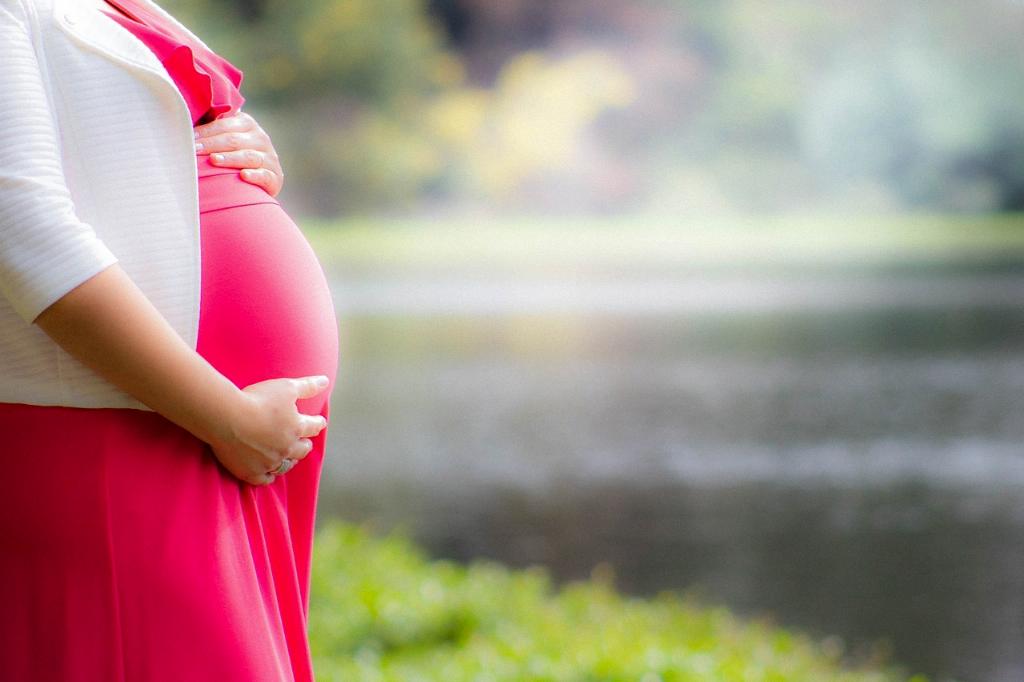During pregnancy, it is crucial to be aware of the potential risks associated with certain types of foodborne illnesses. One such infection that poses a significant threat to both the mother and the developing fetus is Listeria monocytogenes, commonly known as Listeria. This bacterium is particularly dangerous for pregnant women, as it can lead to severe complications that can have devastating consequences.
The Dangers of Listeria Infection
If a pregnant woman consumes food contaminated with Listeria, the bacterium can cross the placenta and infect the fetus. This can result in a condition known as listeriosis, which can cause a range of serious health issues for both the mother and the baby. Listeriosis can lead to miscarriages, stillbirths, premature labor, and potentially fatal infections in newborns.
Impact on Pregnancy
For pregnant women, contracting a Listeria infection can have devastating consequences. The bacterium has the ability to penetrate the placental barrier, leading to a direct impact on the developing fetus. This can result in severe complications such as fetal distress, sepsis, and meningitis, among others. In some cases, the infection can be so severe that it leads to fetal demise, causing immense grief and heartache for the expectant parents.
Signs and Symptoms
It is essential for pregnant women to be aware of the signs and symptoms of a Listeria infection. Common symptoms include fever, muscle aches, nausea, and diarrhea. However, in severe cases, the infection can progress rapidly, leading to more serious complications such as meningitis and bloodstream infections. If you experience any of these symptoms during pregnancy, it is crucial to seek medical attention immediately.
Prevention and Risk Reduction
Preventing Listeria infection during pregnancy is vital to safeguarding the health and well-being of both the mother and the baby. Pregnant women should avoid consuming high-risk foods such as deli meats, unpasteurized dairy products, and refrigerated smoked seafood. It is also crucial to practice proper food safety measures, including thorough cooking of meats and washing fruits and vegetables before consumption.
Consulting with Healthcare Providers
If you have any concerns or questions about Listeria infection during pregnancy, it is essential to consult with your healthcare provider. They can provide you with personalized guidance and recommendations to help minimize the risk of exposure to this dangerous bacterium. Regular prenatal check-ups are also crucial for monitoring the health of both the mother and the developing fetus.
Importance of Food Safety
Ensuring food safety is paramount during pregnancy to reduce the risk of Listeria infection. Pregnant women should pay close attention to food labels, opt for pasteurized dairy products, and avoid consuming raw or undercooked foods. By being vigilant about food safety practices, expectant mothers can significantly reduce the likelihood of exposure to harmful bacteria such as Listeria.
Stay Informed and Educated
Staying informed and educated about foodborne illnesses such as Listeria is crucial for expectant mothers. By understanding the risks associated with certain types of foods and practicing preventive measures, pregnant women can protect themselves and their developing babies from potential harm. Educating oneself about food safety guidelines and following them diligently is key to a healthy pregnancy.
Seeking Prompt Medical Attention
If you suspect that you may have been exposed to Listeria or are experiencing symptoms of infection during pregnancy, it is crucial to seek prompt medical attention. Early detection and treatment are vital for managing the infection and minimizing its impact on both the mother and the developing fetus. Do not hesitate to contact your healthcare provider if you have any concerns or questions.
Support and Care
Coping with the fear and uncertainty of Listeria infection during pregnancy can be a challenging experience. It is important for expectant mothers to seek support from their loved ones, healthcare providers, and other sources of assistance. By receiving appropriate care and guidance, pregnant women can navigate this difficult situation with resilience and strength.
Conclusion
In conclusion, the consequences of eating Listeria-contaminated food during pregnancy can be severe and potentially life-threatening. It is essential for expectant mothers to be vigilant about food safety practices, seek medical advice when needed, and take proactive measures to reduce the risk of Listeria infection. By prioritizing the health and well-being of both the mother and the developing fetus, pregnant women can help ensure a safe and healthy pregnancy.

